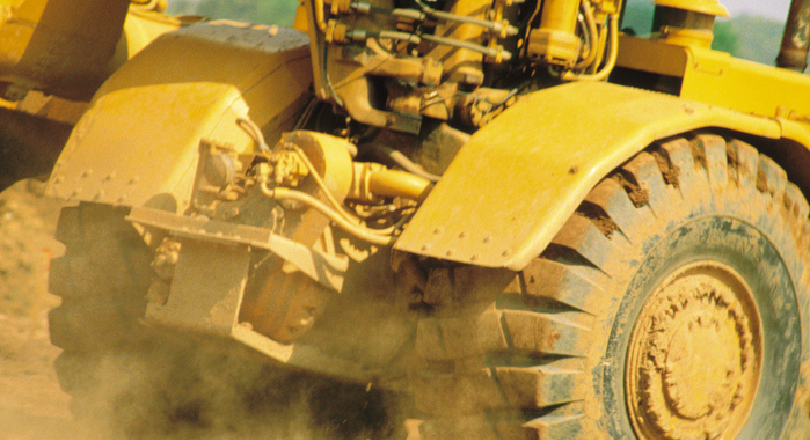Continuous exposure to vibration at work over a long period of time can be dangerous, according to the Health and Safety Executive.
Long-term use of hand-held machinery, for example, can cause permanent damage to a person’s hands and result in hand-arm vibration syndrome.
Symptoms can include tingling, numbness and a lack of dexterity in fingers, as well as a loss of strength in hands. However, these symptoms can be treated and reversed if caught early enough.
Using a hammer action tool for more than 15 minutes a day and rotary or other action tools for more than an hour a day puts a person at greater risk, according to the HSE.
Whole-body vibration, in contrast, is transmitted through the seat or feet.
Driving certain types of vehicles – including tractors, forklift trucks and earth-moving machinery – can result in whole-body vibration and cause or contribute to back injuries.
Anyone who does a lot of driving for their work is at risk, but particularly if required to drive or exit the vehicle in cold or wet conditions and drive on rough and uneven surfaces.
Prospect has issued health and safety guidance on vibration at work for reps and members, covering:
- hand-arm vibration syndrome and whole body vibration
- industries and members exposed to risk
- work activities that can cause harm
- preventative measures
- symptoms
- how members can get employers to control the risks
- links to further information resources
- the role of the rep, and
- how Prospect’s Personal Injury scheme may help.
Download the guidance from https://library.prospect.org.uk/id/2017/00946

